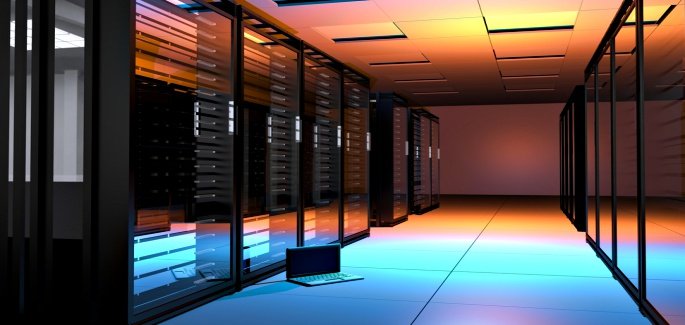As your online business grows and your client numbers and transaction counts increase, your simple website will start feeling signs of pressure. It will begin slowing down and see downtimes more often. While this indicates online success, it can also set you back if you don’t do anything to fix it. Moving your site to a dedicated server is the next smart step.
What Dedicated Servers Do
Designed to carry e-commerce websites and large businesses, dedicated server systems provide a wider hosting environment for websites with critical and complex applications. With a server that’s operating just for you, where you’re not sharing space with other smaller websites, you get speedier data access. Surges in traffic numbers are also quickly accommodated. If you are looking to gain total control over your website’s continuing expansion, this will ensure a flawless and more reliable operation.
The most basic definition for a dedicated server is one that is committed to just one purpose or a single business. It is typically used to host either a high-traffic, resource-intensive website or application. With a shared server, you don’t have full control, thus, its name. This is all right if you’re just starting or don’t have a regular click base. But as your company expands and becomes more popular, you need to go exclusive.
How do you choose which dedicated server is the best fit for your business? Here are four tips.
1. Decide on your operating system
Decide if you want a Windows or Linux dedicated server to back your system. These are the only two choices you have. The difference between the two is that you might already be more familiar with a Windows system, so the transition will not be as challenging; although there are many things that a Linux OS can do that the other can’t.
Linux and Windows use different database languages and your choice will really depend on what your website needs. If you feel that you won’t need MSSQL or ASP.VBScript, go for the former for fewer frills. Many web developers favor Linux because of its ability to adapt to complex web environments. However, if your computer is your basis for making a choice, there really isn’t much different between the two because of both runs on PCs.
2. Get the fastest processor you can afford
Make sure that you get the most powerful processor that your budget allows, especially if you have a resource-rich website. In fact, there might be a need to set up multiple processors to handle your expanding online presence. Before you proceed, determine first what your processing needs are. Dedicated server distribution services offer assistance in selecting the best system for you. They can also make the assessment so you don’t have to.
3. Find a dedicated server host that offers support 24/7
Because your growing e-commerce site is a 24/7 worldwide operation, so do you need a host that also offers you 24/7 customer support. You will need a company that will be easily accessible and will respond to your inquiries and problem reports fast. You can ask your prospective providers about their turnaround times or email their client support address to see test how quickly they respond. Compare different providers first before making your final decision.
4. Consider the add-ons for customization
Websites have different needs, so there’s no one-size-fits-all solution to server packages. Talk to your prospect system provider about your site’s needs so it can create a customized plan. Of course, the budget is a key issue, so take only what is urgently needed and, perhaps, reserve the other features for later.
You can choose to set up and manage your own server but it will require technical skills on your part, not to mention the space needed to keep the equipment and the risk of a disaster damaging them. Alternatively, you can use professional providers like ServerMania and many others online to help make things easy. Be sure to check what’s included in every package offered carefully, so you’re getting only what you need and not overpaying for services.
There are many costs related to moving to a dedicated server system, so that means you should be prepared. These may include setup fees, server and bandwidth fees, software licenses, security systems, upgrades, and more. If you need a faster processor and larger memory in the future, this will add to your expenses, too. However, when it comes to providing a fast and stable environment for your online business, you can’t really put a price tag on the convenience a well-oiled host can afford you and your clients.
Image credit: DepositPhotos










